“When you live and work in Lagos, you can feel this boundless energy. You cannot help but pick it up!”
It is with the passion and can-do attitude that characterizes Nigerian entrepreneurs that Silas Okwoche explains the driving motivation behind Nerve. “We are a make or break generation. We have to transcend environmental circumstances” to make a change. The technology company he co-founded in 2013 is ready to become the next Nigerian success story! Imagine an African flavor of iTunes, a platform where Africans all over the continent can distribute audio, video and text materials on a smartly designed smartphone. Nerve is both a hardware and software company.
The startup placed in top 5 at Demo Africa 2014 finale event in Lagos, where the competition was hosted for the first time. The big prize? A trip to the Silicon Valley to pitch at Demo Fall conference in San Jose during Global Entrepreneurship Week (GEW).
Nerve is getting ready to commercialize Nerve phones and Nerveflo, their content distribution platform. StartupBRICS caught up with co-founder Silas Okwoche to talk about his company, investing in Nigeria, and the role of the African tech diaspora.
Silas, tell us about your background. Have you always wanted to be an entrepreneur?
I studied chemical engineering, I’ve been an engineer all along but sometime after college I’ve developed a passion for IT and using the web and mobile to make a difference in Africa. I come from a middle class family. My dad was a career person and my mom was the entrepreneur. She always had a business that we were all part of growing up. Nigeria is an oil-exporting country so every parent encourages their children to start a career in the oil industry because it is lucrative, but I think that helping my mom run her business led me to the path of entrepreneurship.
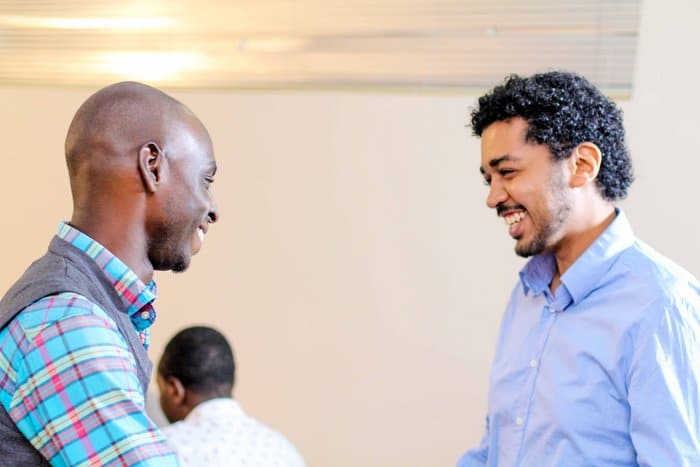
What led you to start Nerve?
After I started my first company, my team and I were working on Internet-based services, building web applications for SMEs and large enterprises. One of the platforms we created was an online scholarship application tool for the government. We spent hours building this application and it clearly made a difference in the way students applied for scholarships in Nigeria. Unfortunately a year after we created it, the government stopped using it. The impact of that platform was totally discarded. That’s when we realized that if we didn’t make tangible products that can transcend a client’s request, we wouldn’t be able to make meaningful changes in our environment. We needed to shift our focus towards making products for either mobile hardware or IT tools. That’s what led us to create Nerve mobile, a company that makes mobile devices and mobile platforms.
What do you think are the biggest misconceptions in the Silicon Valley regarding investing in Nigeria?
International investors often believe they can transpose a successful western product to Nigeria and expect to replicate their success in the African market. The environment, the people, the cultures vary in their own way from country to country. Understanding the dynamics in each country or continental subregion is the biggest risk reducer for investors. They usually prefer to invest in companies that are similar to what they know rather than finding a startup that is adapted to the market in Sub-Saharan Africa.
Case in point is M-Pesa, the mobile-phone based money transfer and microfinancing service, launched in 2007 by Vodafone. At the time, it would have probably been unimaginable from someone in the Silicon Valley to invest in this new service, yet it worked in Kenya and South Africa. Investors should be thinking about the nuances of each market when making investments here in Africa.
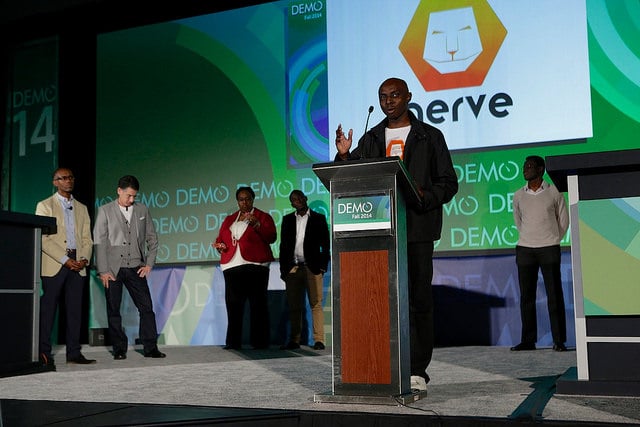
International investors often believe they can transpose a successful western product to Nigeria and expect to replicate their success in the African market.
Compared to startups in the Silicon Valley, where do you think African startups at your stage struggle the most?
Startups in Nigeria and in most parts of Africa are just starting to apply the Lean Startup method. We often focus on building a product, only to realize that it is no longer the best fit for the market. People in Silicon Valley understand the rapid attrition and know how to move rapidly. They also know how to use data, do early marketing testing to improve products throughout the development cycle; hence they grow faster, they survive to become these companies that we all appreciate globally. We need to take full advantage of data as well to improve our chances of success.
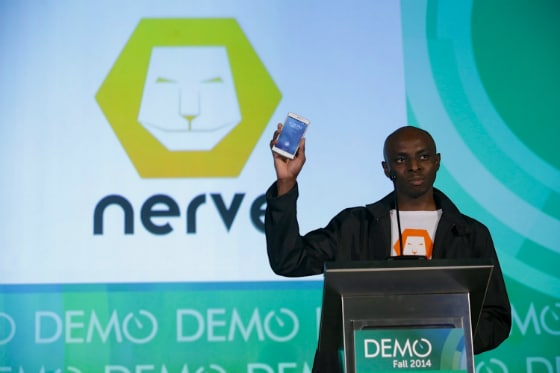
Let’s talk about incubators in Nigeria. How do they help ecosystems thrive?
Incubators are invaluable for the development of the Nigerian startup ecosystem. The first major incubator, CcHub, is about five years old. Since then, many have been springing up. Incubators provide that critical space where the necessary interactions can happen. They also provide space where startups can manage their costs to get off the ground. In Nigeria, for instance, running a business is a challenge because the Internet is still phenomenally costly.
A couple of the most successful startups in Nigeria are linked to one incubator or the other. BudgIt has ties to Cchub, Hotel.ng to Spark. Incubators have always been instrumental and I think they will play an even greater role going forward.

How can African tech diasporas help startups similar to Nerve?
Expatriates generally have a global perspective on how to succeed and how to build a company; they can bring this perspective to our operations. They can also provide a technical expertise to develop a Minimum Viable Product and get it tested quickly. We need to package our value proposition properly to be able to get funding. Not being able to get funding is one of the reasons why tech startups here die. The lack of adequate funding also leads to the inability to bring a product to market quickly enough for it to be sustainable and get that first set of users. With this knowhow, we can build something truly phenomenal.
At the time, it would have probably been unimaginable from someone in the Silicon Valley to invest in M-Pesa, yet it worked in Kenya and South Africa!
What about the repatriates?
I met a few repatriates in Nigeria. Some of my peers, tech founders, come back and often realize that they underestimated the time and energy it would take to get back into how things work in Nigeria, so a few leave. Coming from abroad, there are challenges they might no longer anticipate. My recommendation for them is to team up with local entrepreneurs, who can facilitate the transition to avoid cultural or environmental shock.
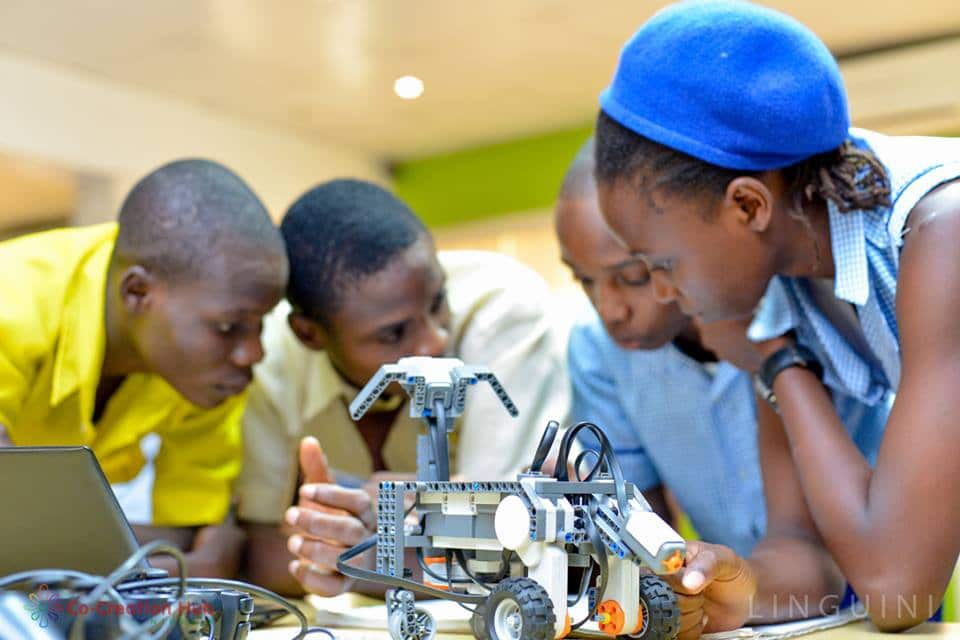
Incubators are invaluable for the development of the Nigerian startup ecosystem. The first major incubator, CcHub, is about five years old.
How can these repatriates be assets for African startups?
Repatriates are brilliant, for one, in communication. They know how to communicate to a global audience. That is very important because if you cannot tell your story, you are dead in the water. They understand the value of storytelling, they can bring that clarity of communication to local tech startups. Every time I have spoken to my friends who have studied in schools abroad, they brought that clarity to our story. It has been phenomenal and a great addition to Nerve.
Read the French version here
 StartupBRICS Le Blog "Tank" des startups et de l'innovation dans les pays émergents
StartupBRICS Le Blog "Tank" des startups et de l'innovation dans les pays émergents
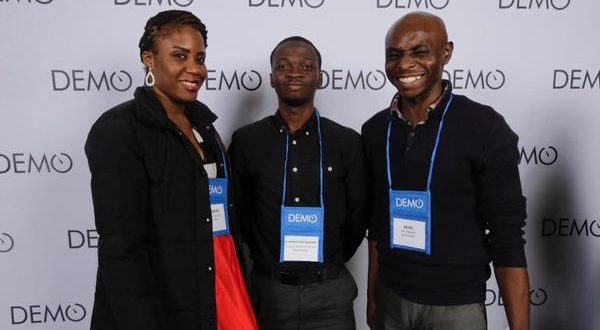



One comment
Pingback: Bitcoin in Nigeria is Booming - Here’s Why -